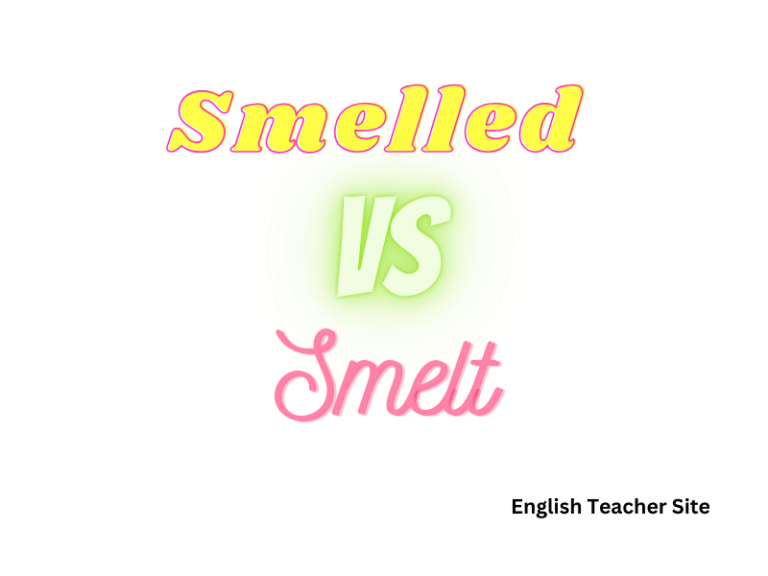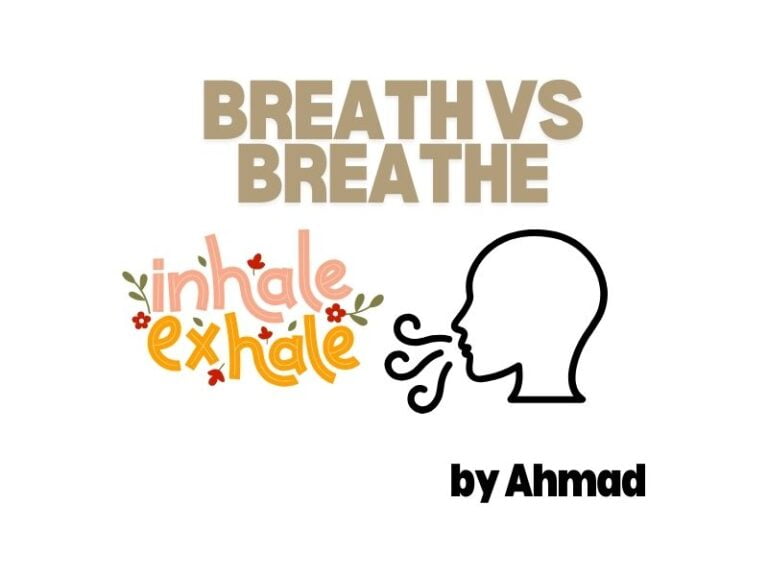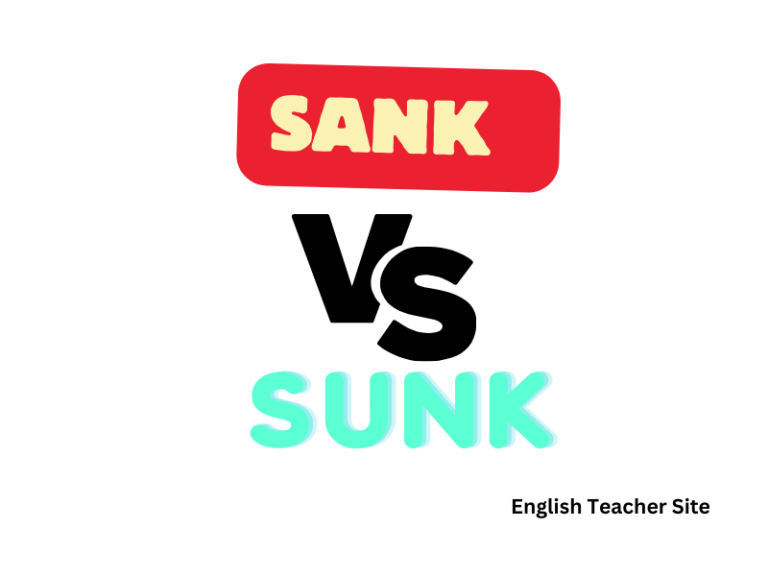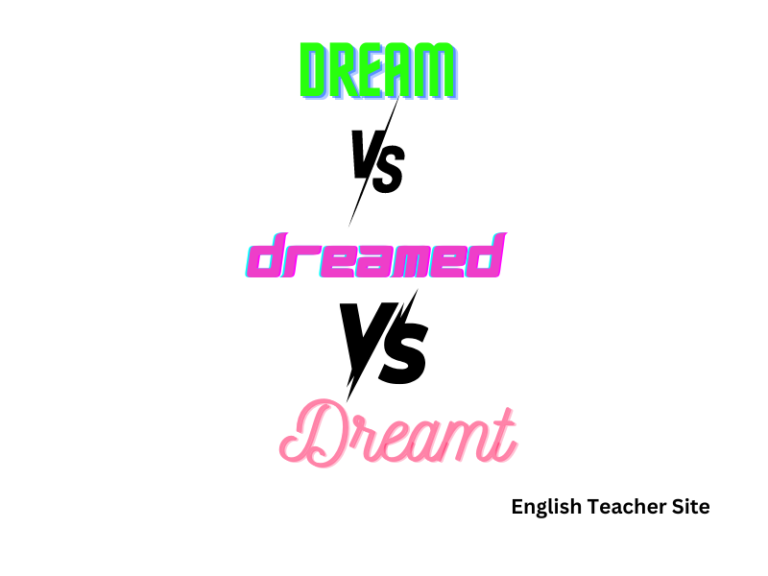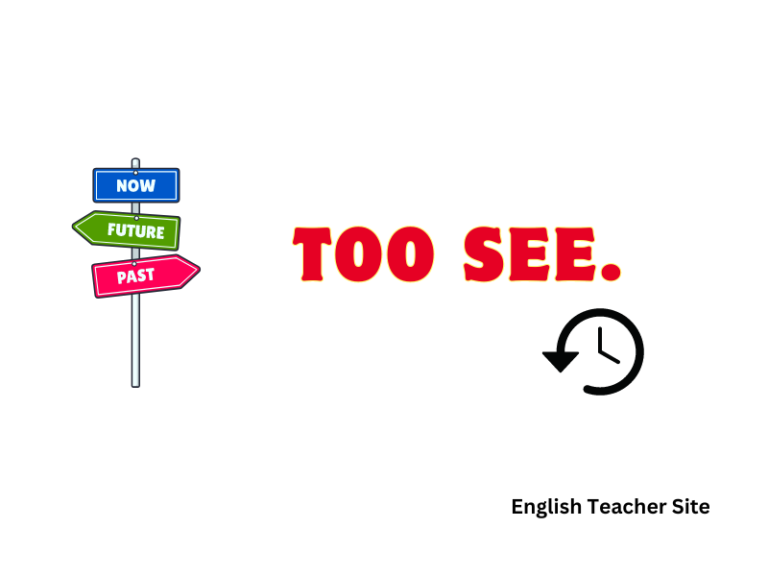Begin Began Begun: Understanding the Past Tense of “Begin”
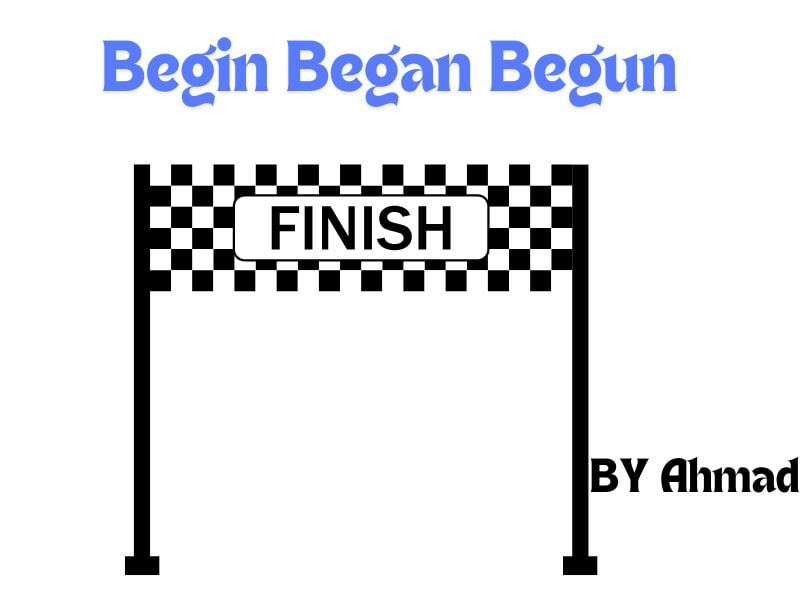
The verb “begin” is often used in various tenses and follows an irregular conjugation pattern, making it a common subject of confusion among learners of English. The present tense form is begin which denotes that an action is currently happening. The complexity arises with the past forms of the verb, where began and begun are used in different grammatical contexts.
The past tense of “begin” is began, which is used to describe an action that started and concluded in the past.
On the other hand, begun is the past participle form, which typically appears with an auxiliary verb to indicate an action that started in the past but is relevant to the present or was ongoing. These distinctions are vital for conveying the correct time-frame and completing the verb tenses in English conjugation.
Conjugation Table for “Begin”
| Tense | Conjugation |
|---|---|
| Present | begin(s) |
| Past | began |
| Past Participle | begun |
Examples Using “Begin”
- Present Tense: She begins her class at nine a.m.
- Past Tense: They began their journey last week.
- Present Perfect Tense: He has begun to learn Spanish.
Forms and Conjugation of Begin
When discussing the verb “begin,” it’s important to note that it is an irregular verb in the English language. The different forms of “begin” — “began” and “begun” — are essential to master for proper tense usage and to form the perfect tense when paired with auxiliary verbs.
Begin in Present and Past Tenses
The present and past forms of the verb “begin” show a departure from the patterns typical of regular verbs. Here is how “begin” is conjugated:
- Present Simple: “begin”
- Example: “They begin a new book.”
- Past Simple: “began”
- Example: “She began learning French last year.”
Conjugating “begin” in different tenses involves altering its form to indicate the time of action.
| Person | Present Simple | Past Simple |
|---|---|---|
| I | begin | began |
| You | begin | began |
| He/She | begins | began |
| We | begin | began |
| They | begin | began |
Present and Past Participles
The participle forms of “begin” are used in perfect tenses and involve the auxiliary verbs “have,” “has,” or “had.”
- Present Participle: “beginning”
- Example: “They are beginning to understand the concept.”
- Past Participle: “begun”
- Example: “He has begun to apply for jobs.”
These participles also serve as adjectives or to form continuous and perfect aspect tenses.
| Tense | Auxiliary Verb | Past Participle | Example Sentence |
|---|---|---|---|
| Present Perfect | has/have | begun | “She has just begun a new novel.” |
| Past Perfect | had | begun | “They had already begun the project by then.” |
| Future Perfect | will have | begun | “By next week, we will have begun the process.” |
Begin and Begun in Context
Understanding the use of “begin,” “began,” and “begun” is fundamental in English verb conjugation, and recognizing their place in context clarifies their application. These words represent different tenses of the same verb and are used to denote the start of an action or event.
In Sentences
Sentences using “begin” and its forms only make sense when their uses are aligned with the correct tense. Here are example uses:
- Simple Past: “He began his homework late last night.”
- Past Participle: “They have begun a new chapter in their lives.”
| Verb Form | Example Sentence |
|---|---|
| begin | The show begins at eight o’clock. |
| began | The discussion became lively. |
| begun | The project had begun. |
Perfect Tenses and Modal Auxiliaries
“Begin” is an irregular verb, which means its past forms are not made by adding -ed to the base: the simple past is “began” and the past participle is “begun.”
Present Perfect Tense: “She has begun to read.”
This tense suggests an action started in the past and continues into the present, or its effects are still felt.
Past Perfect Tense: “By the time you called, I had begun to make dinner.”
This form is used for an action that was completed before another took place.
| Tense | Auxiliary Verb | Example Sentence |
|---|---|---|
| Present Perfect | has/have | She has begun her piano lessons. |
| Past Perfect | had | They had begun their journey before dawn. |
| Future Perfect | will have | By 2025, the company will have begun expanding overseas. |
In modal auxiliaries such as could, would, should, “begun” is used as a past participle with “have” to form a conditional mood:
- “She could have begun the project earlier.”
Using the correct form of “begin” is key for clear communication in English, whether it’s to indicate a completed action, talk about a continuous activity, or discuss future actions. It’s essential not just for grammatical accuracy but also for conveying the correct context of the sentence.
My name is Khamis Maiouf. I am the creator of the English Teacher Site, dedicated to providing valuable resources and insights for students around the world. With a passion for education and a commitment to helping students enhance their skills, I aim to make English teaching more effective and enjoyable for both educators and students.

